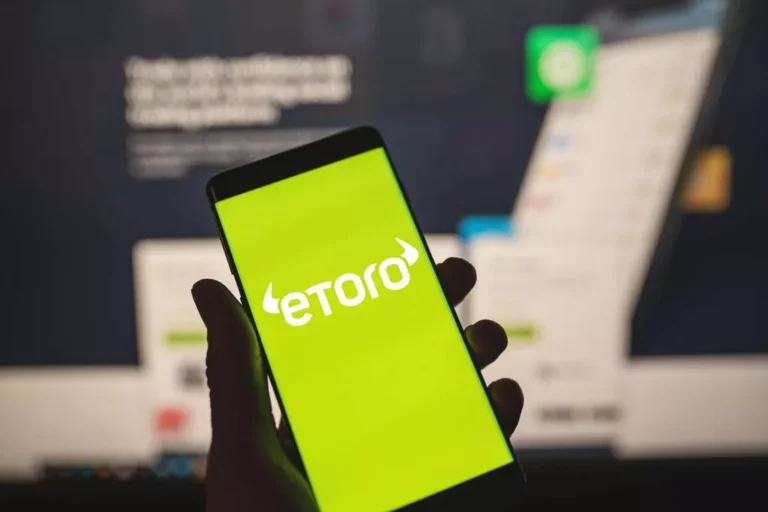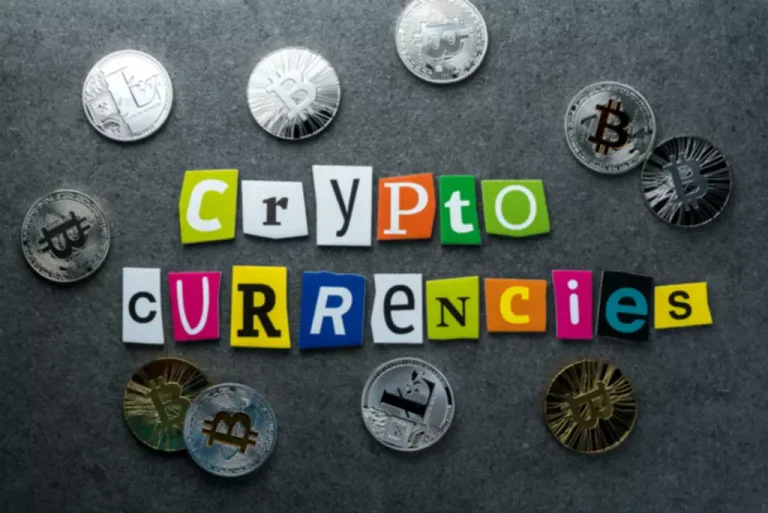I’m a technical writer and blockchain enthusiast who has been in love with crypto since 2020. Sign up at no cost on-line programs overlaying crucial core matters in the crypto universe and earn your on-chain certificates – demonstrating your new information of main Web3 topics. Jackson Wood is a portfolio manager at Freedom Day Solutions, where he manages the crypto strategy. He is a contributing author for CoinDesk’s Crypto Explainer+ and the Crypto for Advisors e-newsletter.

For instance, interacting with Ethereum-based decentralized applications (dApps) during times of excessive community congestion could be quite expensive. However, many custodial wallets often provide a flat fee for transactions, or in some circumstances custodial vs non custodial account, no payment in any respect. Yes, custodial wallets are protected to make use of but users have to do their very own research before selecting one.
Custodial Wallets Versus Non-custodial Wallets
These newer choices are gaining recognition, especially with institutional buyers looking for more investment publicity to cryptocurrency and tokens. They supply an option to put money into cryptocurrency that doesn’t require managing keys or transacting on the blockchain. They do, however, cost larger charges and solely provide exposure to a fraction of the cryptocurrencies and buying and selling pairs provided on exchanges. Access to a private key offers an individual the ability to ship crypto property from a specific public handle, making non-public key administration of utmost importance. Additionally, transaction fees are normally lower, and if anything goes incorrect, you’ll find a way to contact customer support services.
As the aforementioned sections show, each custodial and non-custodial wallets have their own benefits and downsides. Blockchain customers can both delegate storage and personal key administration to a third party or become the sole custodian of their non-public keys. A custodial pockets is a pockets by which a third celebration (usually a crypto exchange) is responsible for managing your non-public keys. Instead of having custodial access to your funds, a service supplier will get complete management of your money.
Examples of non-custodial wallets include Metamask, BitPay, Trust Wallet, Ledger Nano X, Trezor One, Zengo, Edge, Electrum, Exodus, Wasabi, and Phantom. Some examples of custodial wallets are Binance, Free Wallet, BitMex, and Bitgo. While it might be an easier https://www.xcritical.com/ option, users want to note that they are uncovered to the risk of exploitation or hacks that the wallet supplier might suffer.
Custodial Vs Non-custodial Pockets
Also, you presumably can access a non-custodial pockets with out an internet connection, so you presumably can examine your funds at any time. Before deciding which pockets is the right selection on your needs, let’s first think about the important thing features of each wallet and the needs they serve. Below, we break down the key distinctions between custodial vs non-custodial wallets. Plus, we discuss the pros and cons of each sort of pockets that will assist you make an knowledgeable choice when storing your digital belongings.

There are several several sorts of crypto wallets to select from, however the two primary varieties can be damaged out as custodial wallets and non-custodial wallets. While not tax-deferred like IRAs, custodial accounts have some tax advantages generally recognized as the kiddie tax. The IRS considers the minor child the proprietor of the account, so the earnings are taxed on the kid’s tax rate up to a certain point.
Users need to be extra responsible with non-custodial wallets because shedding one’s private keys means dropping their funds endlessly. Apart from the seed phrase, there isn’t a approach to restore an account if a user loses their password. Sometimes the consumer interface of non-custodial wallets also can appear a bit overwhelming for model spanking new users. Non-custodial wallets are more flexible because they’ll often operate both online and offline.
Choosing between a custodial wallet and non-custodial pockets is a key determination when it comes to securing your cryptocurrency holdings. Some favor a custodial trade account, whereas others favor non-custodial wallets, and some end up using a mix of the two. You’ll also have to decide if you’d like a hot or cold pockets, and whether or not to unfold your cryptocurrency holdings between varied crypto wallets. Regardless of your alternative, be certain to always follow greatest security practices. While a custodial wallet may be thought of much less secure than a non-custodial pockets, many favor them as a outcome of they don’t require as a lot duty and are normally more handy. Losing your password to a non-custodial wallet could be financially devastating if you do not take enough precautions.
Ultimately, it is up to the person, and the non-custodial Crypto.com DeFi Wallet is certainly one of many options to consider. Aside from the benefits and security that non-custodial wallets bring, the Crypto.com DeFi Wallet has also built-in DeFi choices, including DeFi Earn. It also features a Wallet Extension so customers can seamlessly access their funds from a browser and make transfers from totally different gadgets.
If the pockets’s assist group is unable that can help you, you can attempt reaching out to the blockchain’s assist group. And if all else fails, you can attempt contacting the exchanges where you purchased your cryptocurrency. Some companies that supply these custodial pockets companies additionally offer a backup possibility. Backups allow customers to undo transactions or restore a earlier model as every step is recorded and backed as much as the company’s server. Ultimately, the best non-custodial wallet for you is the one that fits your needs the best.
Non-custodial Wallets
If asset homeowners lose or inadvertently destroy their private keys and seed phrases, their tokens may be permanently misplaced. This is why it’s of utmost importance that you just maintain your private keys and seed phrases in a secure and responsible method when you resolve to opt for non-custodial wallets. Now that we’ve made the distinction between custodial vs non-custodial pockets choices, let’s take a glance at a few of the different kinds of crypto wallets. First, a paper wallet is considered one of the most secure forms of non-custodial wallets. A pockets holder can generate a QR code that represents their public and private keys.

This makes non-custodial hardware wallets nearly impervious to hackers. The primary benefit of non-custodial wallets is that they provide a higher degree of security than custodial wallets. This is as a result of you’re the one one with access to your personal keys, so even when the service is hacked, your crypto belongings are secure. You don’t should rely on the security features of a 3rd celebration as a result of you might have your individual security measures set to safeguard your belongings. Fortunately, many non-custodial pockets suppliers give users a restoration phrase or “seed phrase”.
What Is Crypto Gambling? Full Guide To On-line Crypto Gambling
For custodial crypto wallets, the pockets provider is tasked with securely storing the user’s non-public key. Instead, the custodian directly handles the funds, and in some cases could misuse them. Another well-liked way folks use non-custodial wallets is by using hardware wallets, corresponding to ones from Ledger or Trezor.

For example, there are browser-based wallets, hardware devices, or software you could set up on your phone or computer. If you are going for a bodily wallet, make sure it doesn’t get lost or damaged, as there is no way of getting your funds again if this happens. Some of the preferred crypto exchanges, such as Coinbase or Gemini, are considered custodial wallets. Furthermore, desktop wallets fall into the custodial hardware wallet category. These wallets are not linked to the web and are ideal for making frequent transactions securely.
Thus, customers can typically contact customer support to assist get their property back. Custodial wallets also give customers peace of mind that a lost or forgotten password doesn’t mean they lose access to their funds. Most of the time suppliers or exchanges can merely reset your password with a few safety questions. If a non-custodial pockets holder loses their private key, their funds could probably be unrecoverable.
This article takes a deep dive into the problem, exploring the essential differences between custodial and non-custodial crypto wallets. By the top of the article, we hope you’ll not only gain an understanding of the different sorts of digital wallets but additionally determine which is the best choice primarily based on your wants. Both custodial and non-custodial exchanges can contain security vulnerabilities that may put your money at risk. With a non-custodial wallet, you’ve sole control of your non-public keys, which in turn control your cryptocurrency and prove the funds are yours.








